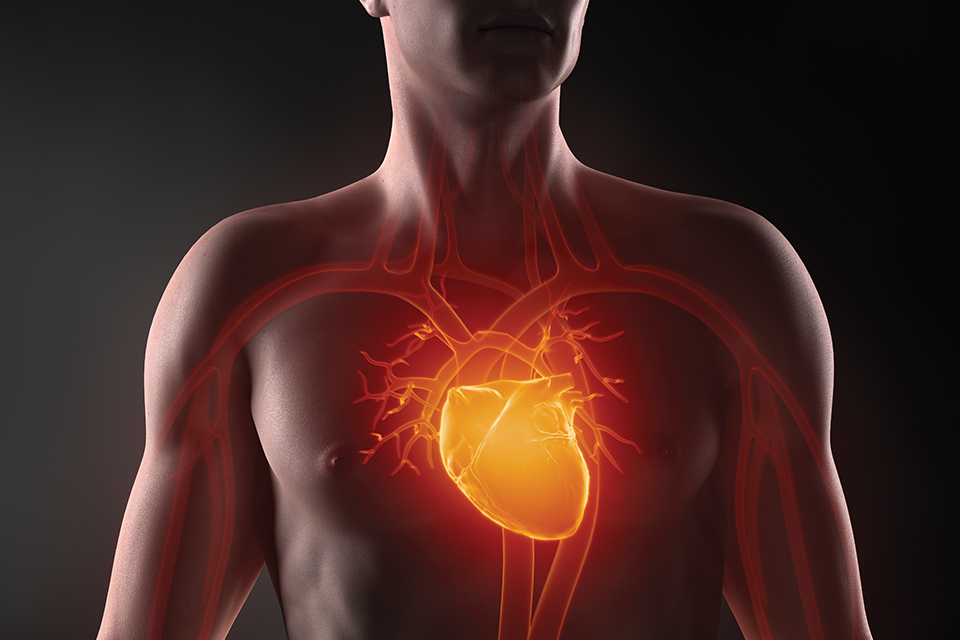Blood Pressure and Heart Rate

DEFINITIONS
Blood Pressure: The force of the blood against the walls of arteries.
Heart Rate: The number of times your heart beats per minute.
HOW TO MANAGE YOUR BLOOD PRESSURE
- Eat a better diet (including reducing salt intake)
- Enjoy regular physical activity
- Maintain a healthy weight
- Manage stress
- Avoid tobacco smoke
- Limit alcohol
SCARY STATS FOR AMERICANS
- 77 percent treated for a first stroke have blood pressure over 140/90.
- 69 percent who have a first heart attack have blood pressure over 140/90.
- 74 percent with congestive heart failure have blood pressure over 140/90.
CORRELATION? Technically, there is none.
A rising heart rate does not cause your blood pressure to increase at the same rate. However, both serve as tools to monitor your health, and understanding each can even help you spot dangerous health problems.
BLOOD PRESSURE NUMBERS
Normal Blood Pressure: 120/80 or lower.
High Blood Pressure: 140/90 or higher.
Emergency: If your blood pressure is higher than 180/110, then you are at risk for organ damage, heart attack, stroke, and more and should seek immediate emergency medical attention.
Low Blood Pressure: There is no set number to determine low blood pressure. In fact, most doctors consider low blood pressure dangerous only if it causes noticeable signs and symptoms: dizziness or lightheadedness; fainting; dehydration and unusual thirst; lack of concentration; blurred vision; nausea; cold, clammy, pale skin; rapid, shallow breathing; fatigue; depression.
FINDING YOUR HEART RATE
Best pulse locations: Wrists, inside of your elbow, side of your neck, top of the foot.
How to measure your heart rate: Put two fingers over the pulse location and count the beats for 60 seconds. You may also count for 10 seconds and then multiply by 6.
Resting Heart Rate: The number of times your heart beats per minute while it’s at rest, normally between 60 and 100 beats per minute
Target Heart Rate: 50-85 percent of your maximum heart rate. Generally, your maximum heart rate is 200 minus your age. For example:
Age Target Heart Rate Maximum Heart Rate 30 years 95-162 beats per minute 190 beats per minute 40 years 90-153 beats per minute 180 beats per minute 50 years 85-145 beats per minute 170 beats per minute 60 years 80-136 beats per minute 160 beats per minute






